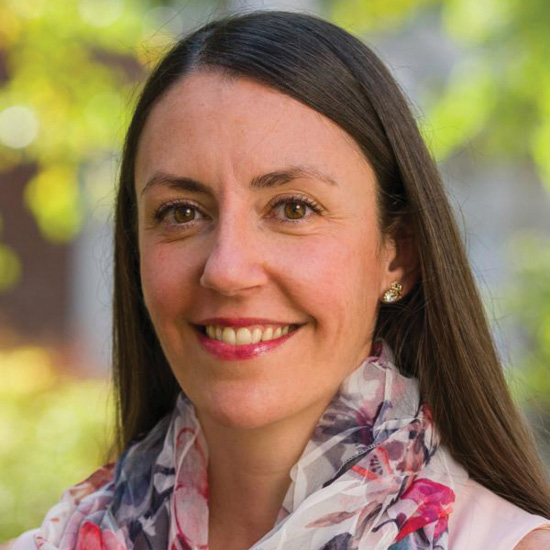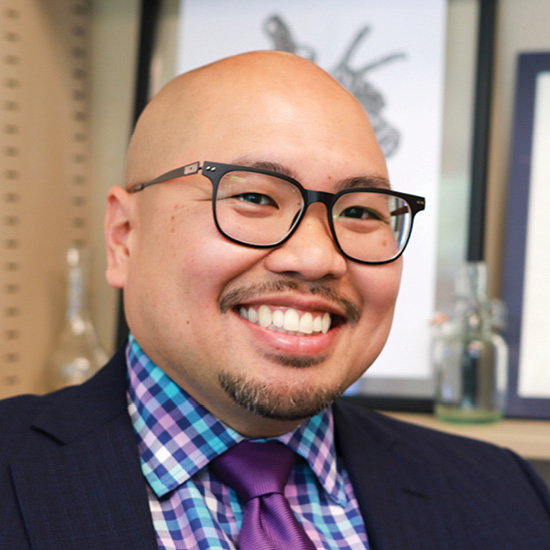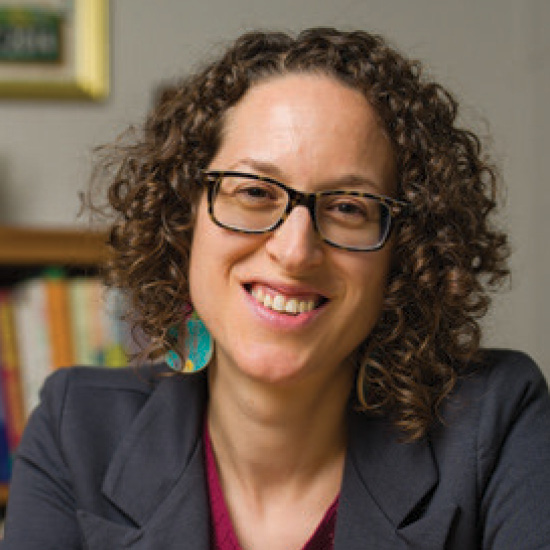Current
RESEARCH SNAPSHOTS:
Marginalized Communities

Nutrition researcher and Assistant Professor Maria Carlota Dao investigates the interaction between health, diet and the gut microbiome — the trillions of microorganisms living in our intestinal tracts. Dao is interested in the interplay of diet and gut microbiome diversity in ethnic minority populations in the U.S., like Hispanics, who make up more than 18 percent of the total U.S. population. Her team’s recent survey of more than 138 Hispanic New Hampshire residents assessed aspects of physical and psychosocial well-being, examining how Hispanic residents were coping mentally and physically during the pandemic. “The goal is for all of this information to feed into the development of nutrition strategies that support living healthy lifestyles,” says Dao.

Sherman Bigornia, nutritional epidemiologist and assistant professor, studies how diet can influence our risk for chronic health conditions, like cardiovascular disease and diabetes, and he uses the findings to inform intervention programs designed to improve or maintain health and wellness. He’s worked closely with New Hampshire’s Bhutanese refugees — between 2,000 and 3,000 call New Hampshire home — through a relationship with Building Community in New Hampshire to identify how federal educational initiatives meet their needs. “I’m really fortunate that I can use my platform and resources to inform dietary prevention or treatment efforts tailored to communities that are not well represented in nutrition research.”

Sociologist and Assistant Professor Analena Bruce leads the Food Systems Lab at UNH, and collaborated with Jess Carson, research assistant professor at the Carsey School of Public Policy, and postdoctoral research associate Isaac Leslie to look at food insufficiency (defined as lacking adequate food in the past seven days) among LGBTQ+ people in New England. Using data from the U.S. Census Bureau, they found that 13 percent of that population experience food insufficiency — more than twice the rate of heterosexual people. “There’s an assumption that increasing the availability of nutritious foods will solve the problem,” says Bruce, “but it’s clear we need to dig deeper to understand why we have these very stark disparities in our food system.”
Says Birgonia of these research topics: “We’re examining appropriate ways to reduce the health disparities, in a more personalized manner, in the different communities we’re working with — all of which are underrepresented.”